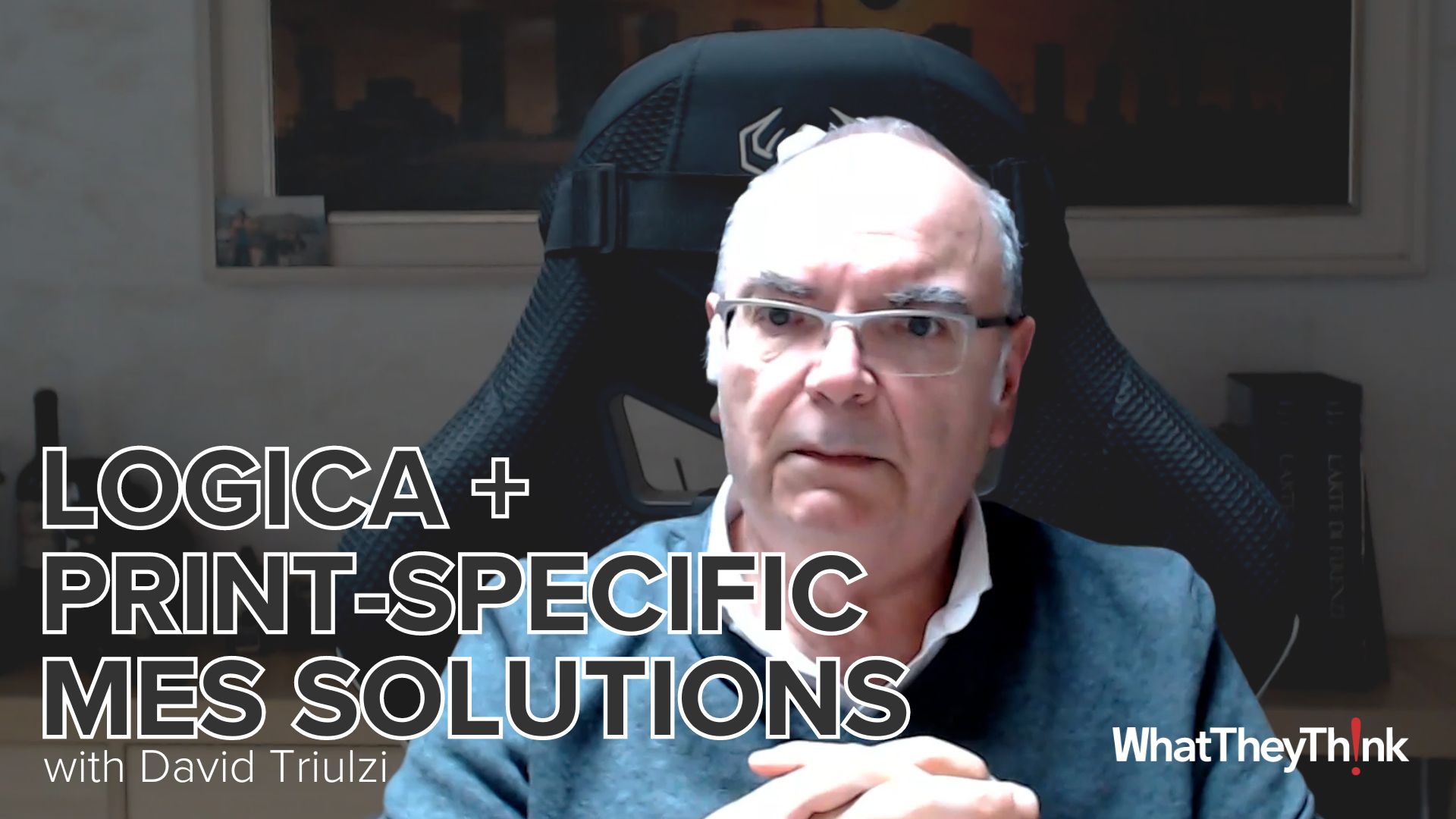Pitney Bowes CEO Sees Bright Future for Mail and Continued Opportunities for Growth
Press release from the issuing company
STAMFORD, Conn., March 10 -- Michael J. Critelli, chairman and CEO of Pitney Bowes Inc. told a group of financial analysts this week that the company's growth in 2005 and beyond will stem from creating and building multiple and diverse growth platforms within the mail and document management market place, rather than a single or handful of very large opportunities. He stated that, "we have extensive, broad-based expertise in these markets as well as a multitude of capabilities, greater than any organization in the world, to take advantage of major trends in the mail and document management space."
At a meeting of financial analysts in New York City, Critelli outlined several "strategic assumptions" about the mail stream that underlie the company's growth strategies by leveraging the growth and diversity of mail. He also discussed the company's commitment to expanding its value to customers and influencing the future potential for mail and related document management solutions by helping transform postal systems worldwide.
In 2004, approximately 425 billion pieces of mail were generated worldwide. U.S. mail volumes increased by two percent to 206 billion pieces, and addressed mail in Europe grew by one percent to 126 billion pieces. This growth is due in part, to both the diversity of the mail stream and the expanding use of the mail in new markets, such as mail-order pharmaceuticals, digital photo albums and video/DVDs. "Pitney Bowes is looking beyond the outside of the envelope or package and paying a lot more attention to the content of the mail. Our focus on content and understanding how that content flows through and connects with other business processes also leads to opportunities for us to add value in key vertical markets such as legal and government services, and health care."
Critelli discussed actual mail trends that have thus far, proven predictions about mail's demise, incorrect. For example:
* Electronic bill presentment was supposed to have replaced physical bill presentment by now, according to some. Physical bills and statements however, comprise a segment of the mail that is growing. There are still 17,000 times as many bills presented in physical form through the mail compared with electronic presentment, and customers still prefer to receive statements in the mail, even if they pay bills electronically.
* As society becomes more technologically savvy, it was predicted that the Internet would be used more than mail. Evidence shows exactly the opposite. The more technologically savvy a person is, the more mail that person sends and receives because mail volumes vary with income levels. The higher the income, the more mail.
* There is no evidence to support claims that physical mail will decline as computer-savvy children reach adulthood and become owners and executives of major mail-generating companies. Again, income is the primary determinant. As younger people get more money, they send and receive more mail, and the more closely they resemble their parents in their frequency of mail use.
"As we look at the current size and diversity of the mail stream, and separate the myths from realities, we see no current probable scenario that could adversely affect the growth ranges for the total mail stream," Critelli emphasized.
Critelli mentioned that through areas such as mail consolidation, data quality (through the company's Group1 acquisition) and digitized mail, the company hopes to broaden its value to customers. He also stressed the importance of influencing the future potential for mail and related document management solutions by participating in broad industry efforts to transform postal systems throughout the world, such as:
* working closely with the U.S. Postal Service (through his role as co-chairman of the Mailing Industry Task Force with the deputy postmaster general) to help grow the use of mail and help the USPS improve its operating efficiency and,
* working toward full implementation of the European Union 1997 and 2002 directives on postal reform. Critelli noted that full compliance by member countries would open up opportunities to create the same kind of mail consolidation business in Europe that Pitney Bowes has built in the U.S. with its acquisition of PSI Group.
Video Center
- Inkjet Integrator Profiles: DJM
- Spring Inkjet Update – Webinar
- Security Ink Technologies for Anti-Counterfeiting Measures
- Komori unveils B2 UV Inkjet
- Keeping Nozzles Fresh with Flow
- Komori to Unveil the J-throne 29 Next Generation Digital Press at drupa 2024
- Inkjet drives convergence of transactional and graphic arts applications
- The Inevitability of Technology Shifts and How to Communicate with Credibility

WhatTheyThink is the official show daily media partner of drupa 2024. More info about drupa programs
© 2024 WhatTheyThink. All Rights Reserved.








